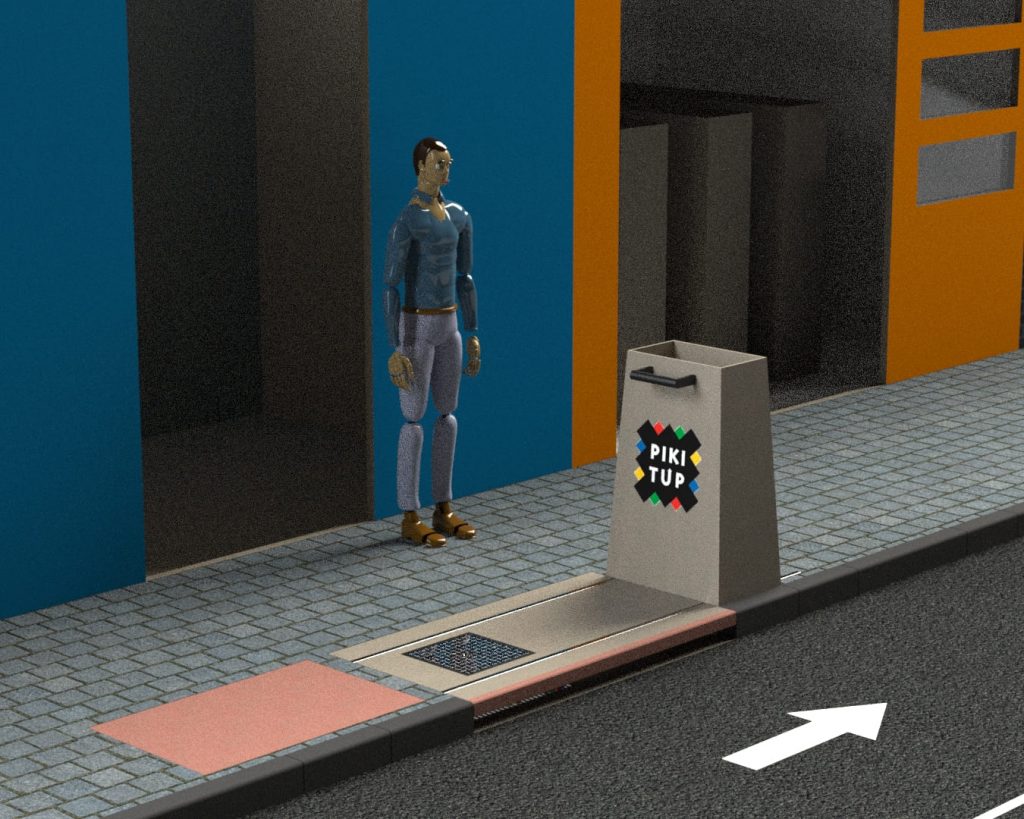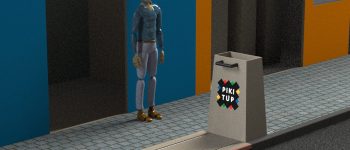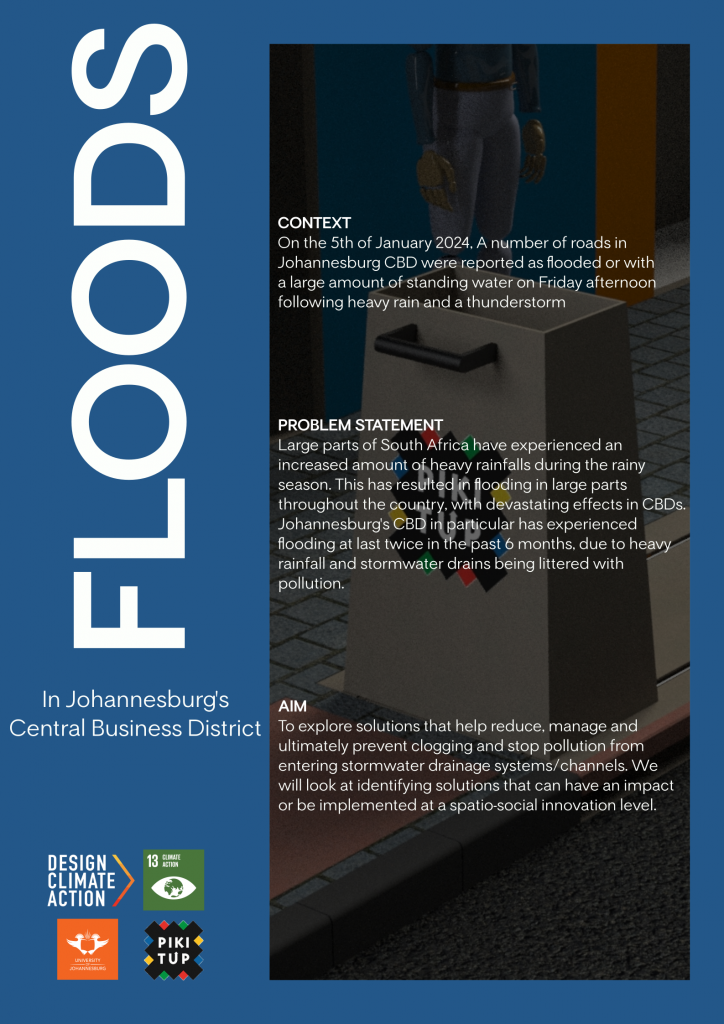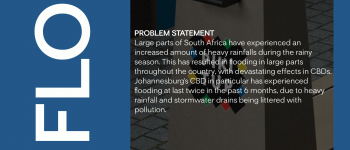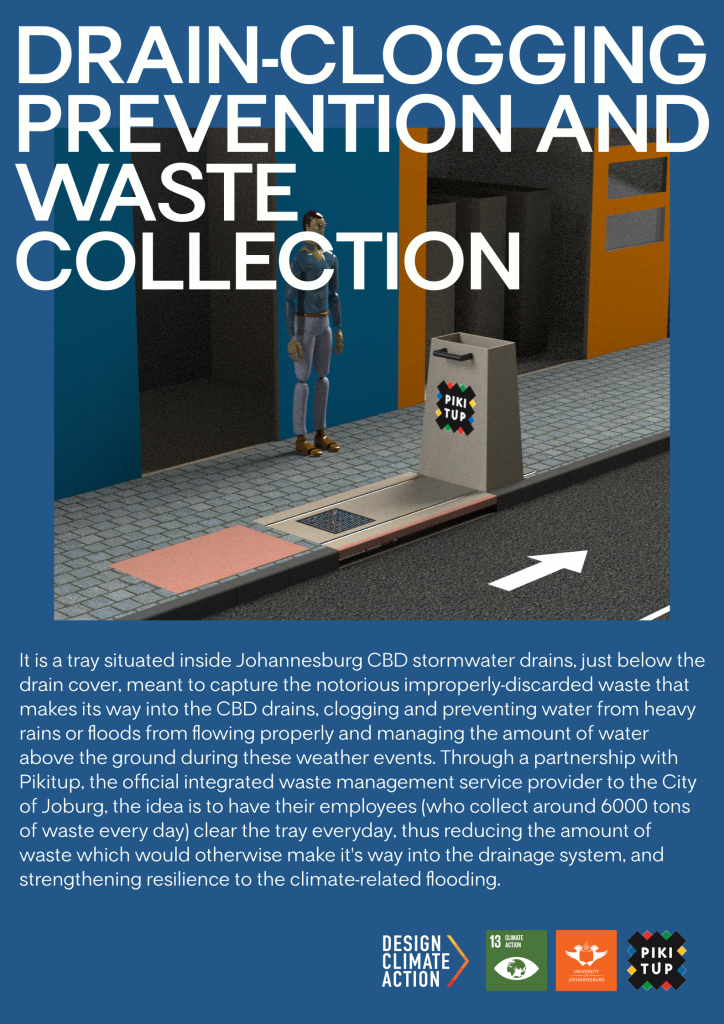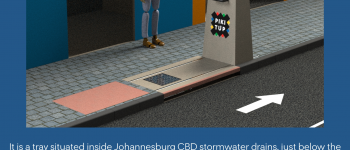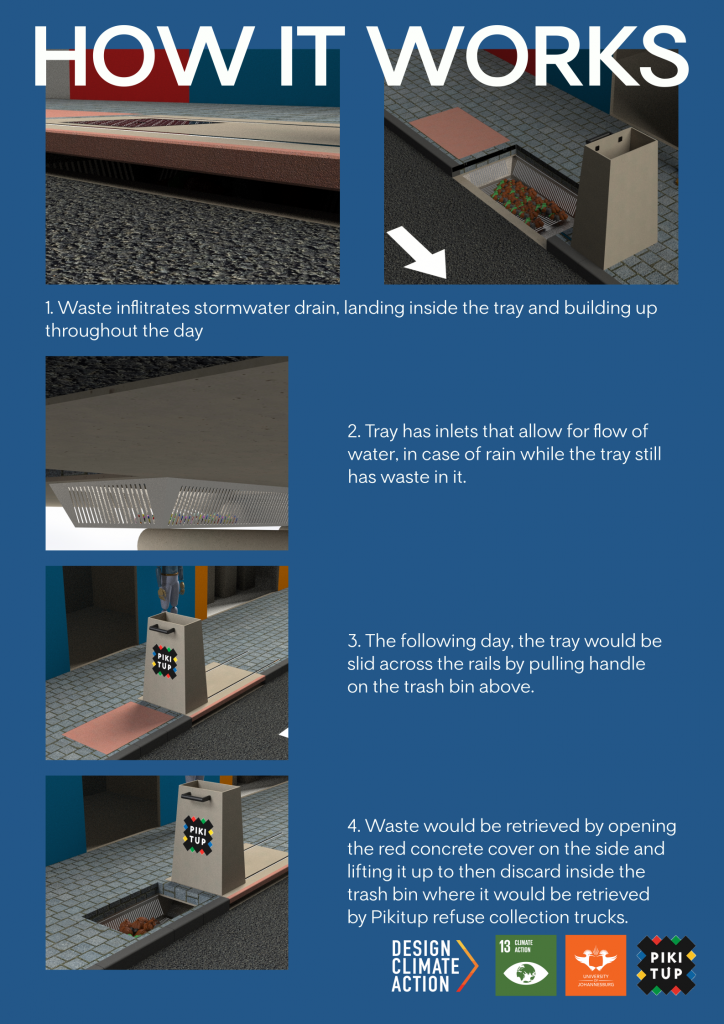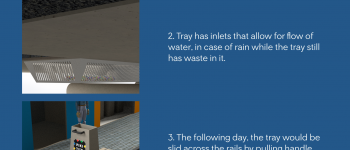Aligned with the Raising Resilience and Adaptation category of SDG 13, our solution aims to strengthen urban resilience to climate-related hazards, specifically heavy rainfall and storm water management. The storm water filtration system consists of a series of modular filtration units placed strategically along storm water drains and channels. These units are designed to capture and filter out debris, such as plastics and bottles, preventing them from entering the drainage system and causing blockages. The system’s design allows for easy maintenance and cleaning, ensuring its long-term effectiveness.
Furthermore, our solution aligns with SDG 11 – Sustainable Cities and Communities, by contributing to the development of sustainable urban infrastructure. By preventing urban flooding and reducing pollution, our system helps create cleaner and safer urban environments for residents. In terms of sustainability, our project aligns with the three pillars of sustainability – environmental, social, and economic – and the Design for Sustainability (DfS) theory. Environmentally, our system reduces the environmental impact of urban flooding by preventing pollution and protecting water resources. Socially, it enhances public health and safety by reducing the risks associated with flooding, such as waterborne diseases. Economically, our solution reduces the costs associated with flood damage and clean-up efforts, contributing to the economic resilience of cities.

